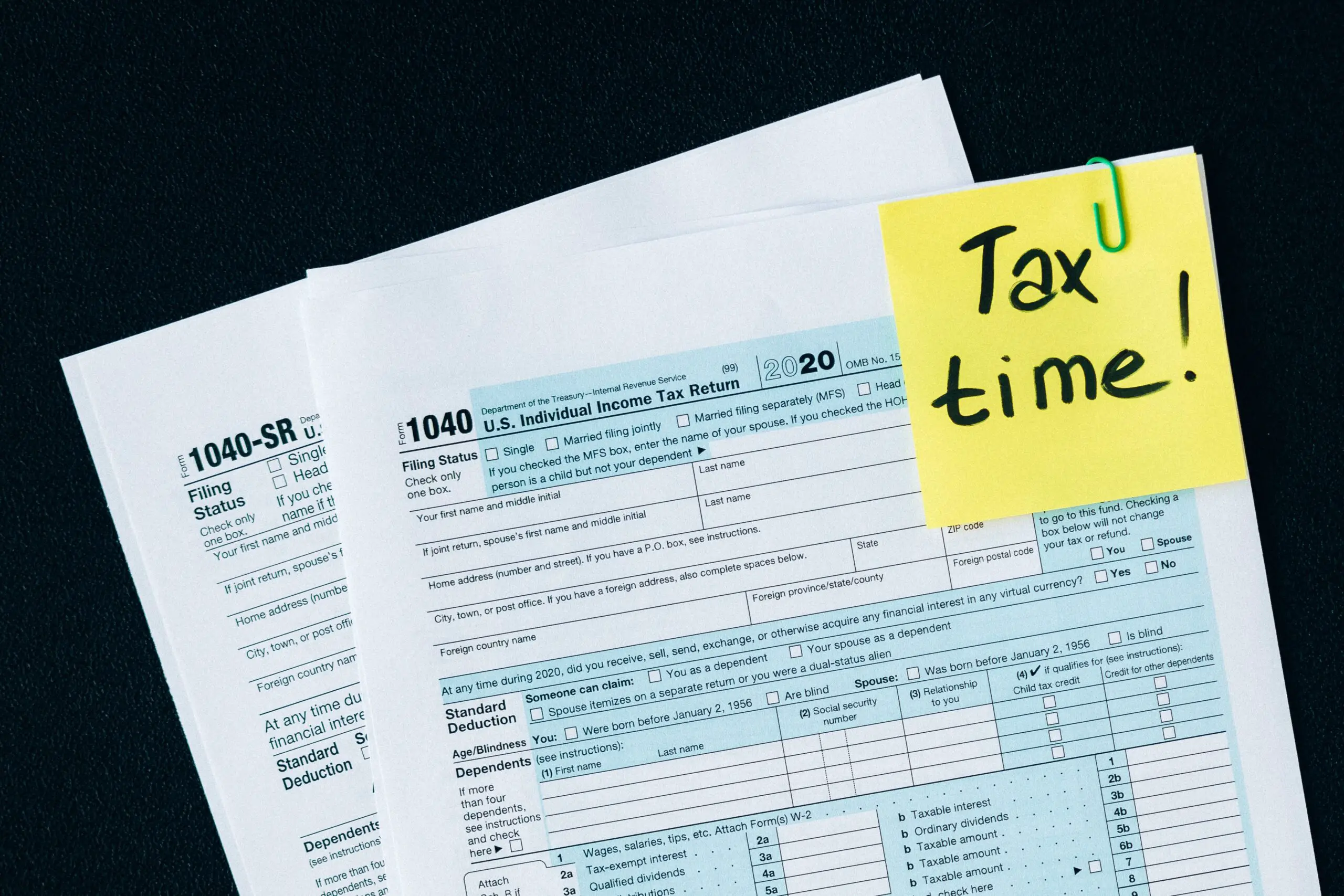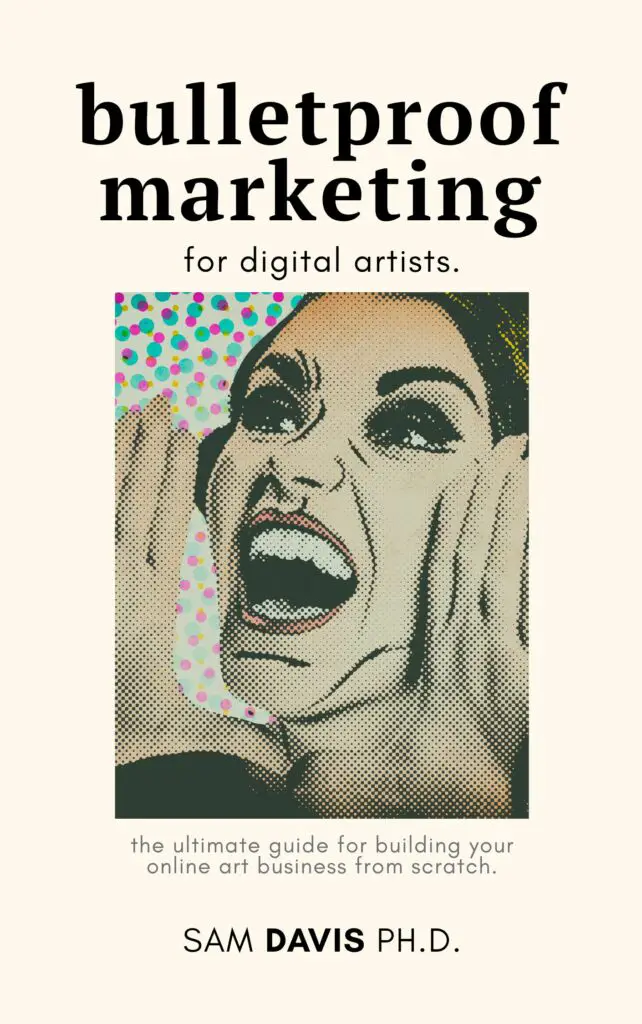Whenever you embark on a new business venture, you begin to wonder how “official” you need to be. If you haven't sold a single sticker yet, do you need to register with the state? Why do trademarks cost so much money? What about at tax time? Craft business taxes don't have to be scary.
Craft business taxes are not difficult, but you should know exactly what you're doing and what choices you're making so as not to screw yourself, later. Read on to find out more.

Should I File Taxes For My Crafting Business?
It's September, you've just sold your first piece on Etsy and brought home a whopping $10 profit. You feel that success running through your veins. Christmas season rolls along and more sales dribble in. By the end of the year, you've made almost $200! That's nothing to write home about – should you file a Schedule C with your personal income tax return?
Probably not. Most states require a business to make at least $400 in sales before it's required to file a Schedule C. That $400 threshold is when something transitions out of a “hobby” and into a “business” in the eyes of the IRS.
If you keep growing and have a $2,000 business next year? Yes. You're obligated to file taxes. However, there are some key things to keep in mind. The IRS:
- Receives your wage information from your day job as a W2.
- May receive a 1099 form if you've entered into a freelancing contract with another business, they pay you over $400 in a year, and they ask you for your SSN or other tax identifier.
- Does not receive information about payments made online to you unless those payments total over $20,000 AND you've made over 200 transactions in the year. Those payments are put on a 1099-K and sent to the IRS from payment processors like PayPal, Venmo, or Stripe.
Knowing what information the IRS receives about you may influence how you choose to file your taxes.
Craft Business Taxes Are Not One And Done
Once you file business taxes, you are expected to keep filing business taxes. You can't file in 2020, skip 2021, and then file your Schedule C again in 2022. You have to file yearly until the business closes.
Additionally, if you are very successful, you may need to pay estimated taxes quarterly instead of at the end of the year. If you will owe more than $1,000 at tax time, then you need to start making estimated quarterly payments. If you are this successful, we recommend consulting a CPA or tax attorney for advice about when to start quarterly taxes and how to do it in your particular state.
What are the benefits of filing craft business taxes?
Taxes aren't all bad. Seriously. One of the big benefits of being a “real” business and filing taxes is that you gain access to services that are not available to normal consumers. You can purchase things like business insurance and seek funding through the Small Business Administration. During the heigh of the COVID pandemic, the Small Business Administration gave away tens of thousands of dollars in grants and loans to crafting businesses across the country – including mine. If I hadn't filed taxes the year before, I wouldn't have been eligible.
Businesses – even small ones – can save money by opting into health insurance through state and national exchanges set up through Affordable Care Act (ACA). Additionally, you may be able to deduct some of your expenses due to the nature of your craft or hobby. Meals with other crafters, miles on your car, the cost of supplies or computing equipment – they'll all count against your tax burden every year.
Finally, if you make and sell physical products, you could apply for a sales tax waiver. The basic premise is that sales tax will be collected on your finished products, so you can buy the supplies without paying sales tax. To get this benefit though, your business will likely need to have an account and pay state sales tax quarterly – so online businesses probably won't qualify.
When do I need to use a CPA?
As soon as you can afford one. CPAs are trained professionals meant to save you as much money as they can. Yes, they cost money upfront – but you can even get a portion of that money back on your taxes. They know what to look out for, they know how to guide you through the claims process and help you get back every penny that is owed.
Some people can stick to doing their own taxes and some never feel comfortable with the idea of “playing” at numbers. Some feel like taxes are easy enough to do by themselves. If that's you – no judgment. I'm the same way. I recommend staying away from TurboTax because it's pricy, and instead, use a service like FreeTaxUSA. Their filing fees are affordable and their software is easy to use.
We hope this guide helps! Post your questions in the comments below and we'll do our best to answer.


